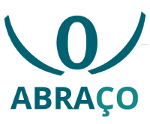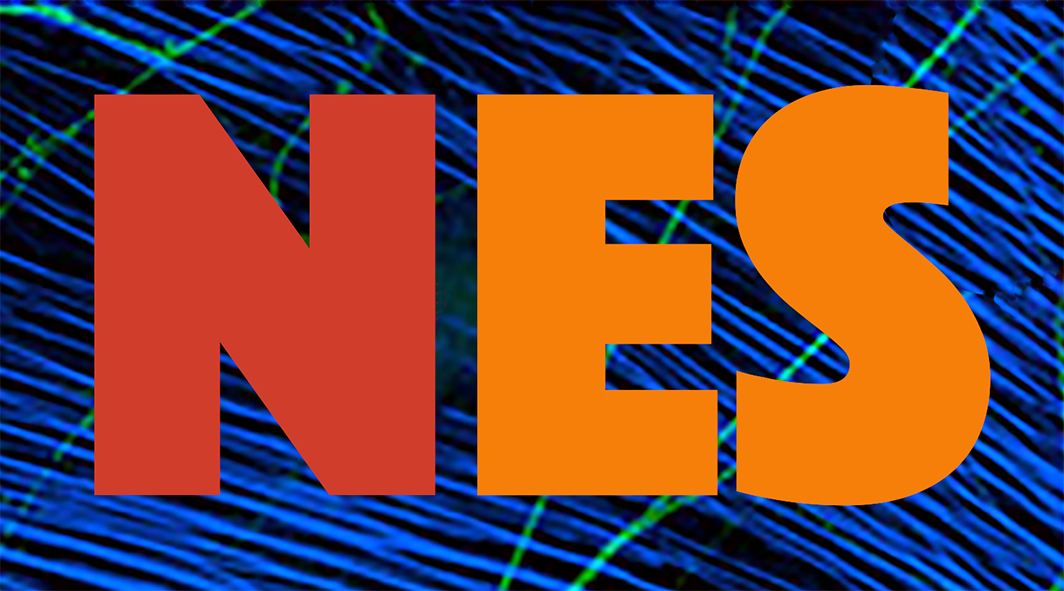
Motor planning of goal-directed action is tuned by the emotional valence of the stimulus: a kinematic study
Publications | Jul 01, 2016
P. O. Esteves, L. A. S. Oliveira, A. A. Nogueira-Campos, G. Saunier, T. Pozzo, J. M. Oliveira, E. C. Rodrigues, E. Volchan & C. D. Vargas
Opening for photo or audiovisual scientific journalism scholarship
Opportunities | Jun 27, 2016
O Centro de Pesquisa, Inovação e Difusão em Neuromatemática (CEPID NeuroMat) oferece uma bolsa para profissionais de jornalismo científico interessados em fazer parte da equipe de difusão científica desse centro de excelência da FAPESP.
The lower tail of random quadratic forms, with applications to ordinary least squares and restricted eigenvalue properties
Publications | Jun 14, 2016
Roberto Imbuzeiro Oliveira
Synaptic Homeostasis and Restructuring across the Sleep-Wake Cycle
Publications | Jun 14, 2016
Wilfredo Blanco ,Catia M. Pereira ,Vinicius R. Cota ,Annie C. Souza ,César Rennó-Costa,Sharlene Santos,Gabriella Dias,Ana M. G. Guerreiro,Adriano B. L. Tort,Adrião D. Neto,Sidarta Ribeiro
Experiment sheds new light to learning processes
News | Jun 14, 2016
The time that each of us takes to make a decision increases proportionally to the number of alternatives available to us. How so? This is actually just partially true, according to results from an experiment led by André Helene , professor of the Institute of Biosciences (IB) of USP and researcher at the Research, Innovation and Dissemination Center for Neuromathematics (NeuroMat). Report by Tabita Said, Jornal da USP, 6/6/2016. (In Portuguese.)
| NeuroCineMat |
|---|
|
Featuring this week: |
| Newsletter |
|---|
|
Stay informed on our latest news! |
| Follow Us on Facebook |
|---|




